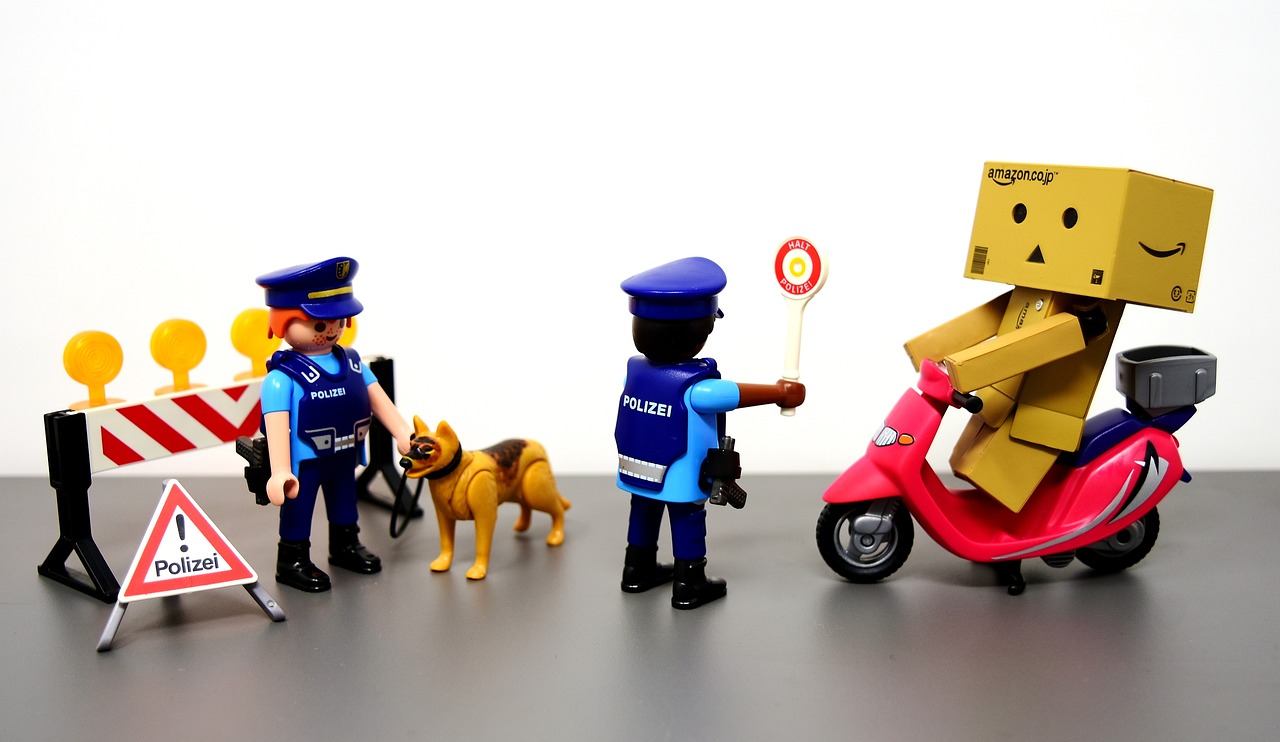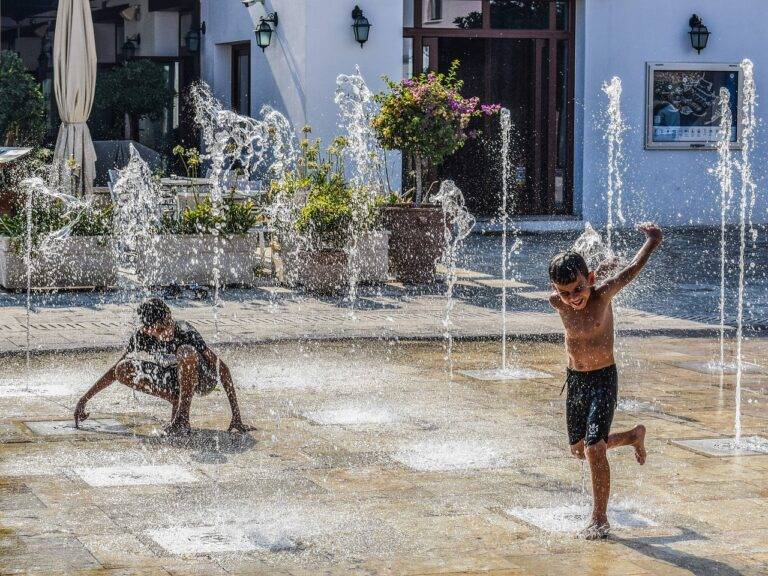Behind the Scenes: The Work of Historical Reenactment Event Organizers: Allexch login app, 99 exch, All panel login
allexch login app, 99 exch, all panel login: Historical reenactment events offer a unique window into the past, allowing participants and spectators alike to immerse themselves in a specific time period and experience history firsthand. While the actors and costumes may be the most visible elements of these events, behind the scenes, a dedicated team of organizers works tirelessly to bring these immersive experiences to life.
Planning and Research
The first step in organizing a historical reenactment event is extensive planning and research. Organizers must carefully select a time period, location, and theme for the event, ensuring that all details align with historical accuracy. This often involves consulting with historians, archaeologists, and other experts to ensure that the event is as authentic as possible.
Securing a Venue
Once the theme and time period are chosen, organizers must secure a suitable venue for the event. This may involve working with historical sites, parks, or private property owners to obtain permission to use the space. Organizers must also ensure that the venue has the necessary facilities and amenities to accommodate participants and spectators.
Recruiting Participants
Recruiting participants is another crucial aspect of organizing a historical reenactment event. Organizers must reach out to historical reenactment groups, local theaters, and community organizations to attract actors, musicians, and other performers. They must also coordinate costume fittings, rehearsals, and other preparations to ensure that all participants are ready for the event.
Sourcing Props and Costumes
In addition to recruiting participants, organizers must also source props and costumes for the event. This may involve working with costume designers, prop makers, and vintage collectors to acquire authentic clothing, weapons, and accessories. Organizers must also ensure that all props and costumes meet safety standards and are suitable for use in the event.
Coordinating Logistics
On the day of the event, organizers are responsible for coordinating logistics to ensure that everything runs smoothly. This may involve arranging parking and transportation for participants and spectators, setting up tents and other infrastructure, and overseeing security and first aid services. Organizers must also be prepared to address any issues or emergencies that may arise during the event.
Handling Marketing and Promotion
Finally, organizers must handle marketing and promotion to attract attendees to the event. This may involve creating promotional materials, working with local media outlets, and utilizing social media and other online platforms to spread the word. Organizers must also coordinate ticket sales and registration to ensure that the event is well attended.
FAQs
Q: How can I get involved in organizing historical reenactment events?
A: If you’re interested in organizing historical reenactment events, consider joining a local historical reenactment group or volunteering at existing events. This will give you hands-on experience and help you build connections in the reenactment community.
Q: How can I ensure that my event is historically accurate?
A: To ensure historical accuracy, work with historians, archaeologists, and other experts to research the time period and location of your event. Pay attention to details such as clothing, weapons, and language to create a truly immersive experience.
Q: What are some common challenges faced by historical reenactment event organizers?
A: Some common challenges include securing a suitable venue, recruiting participants, and managing logistics on the day of the event. It’s important to be organized, flexible, and prepared to adapt to unforeseen circumstances.
In conclusion, the work of historical reenactment event organizers is essential to bringing the past to life for audiences around the world. Through careful planning, research, and coordination, these dedicated individuals ensure that each event is a memorable and immersive experience for all involved.







